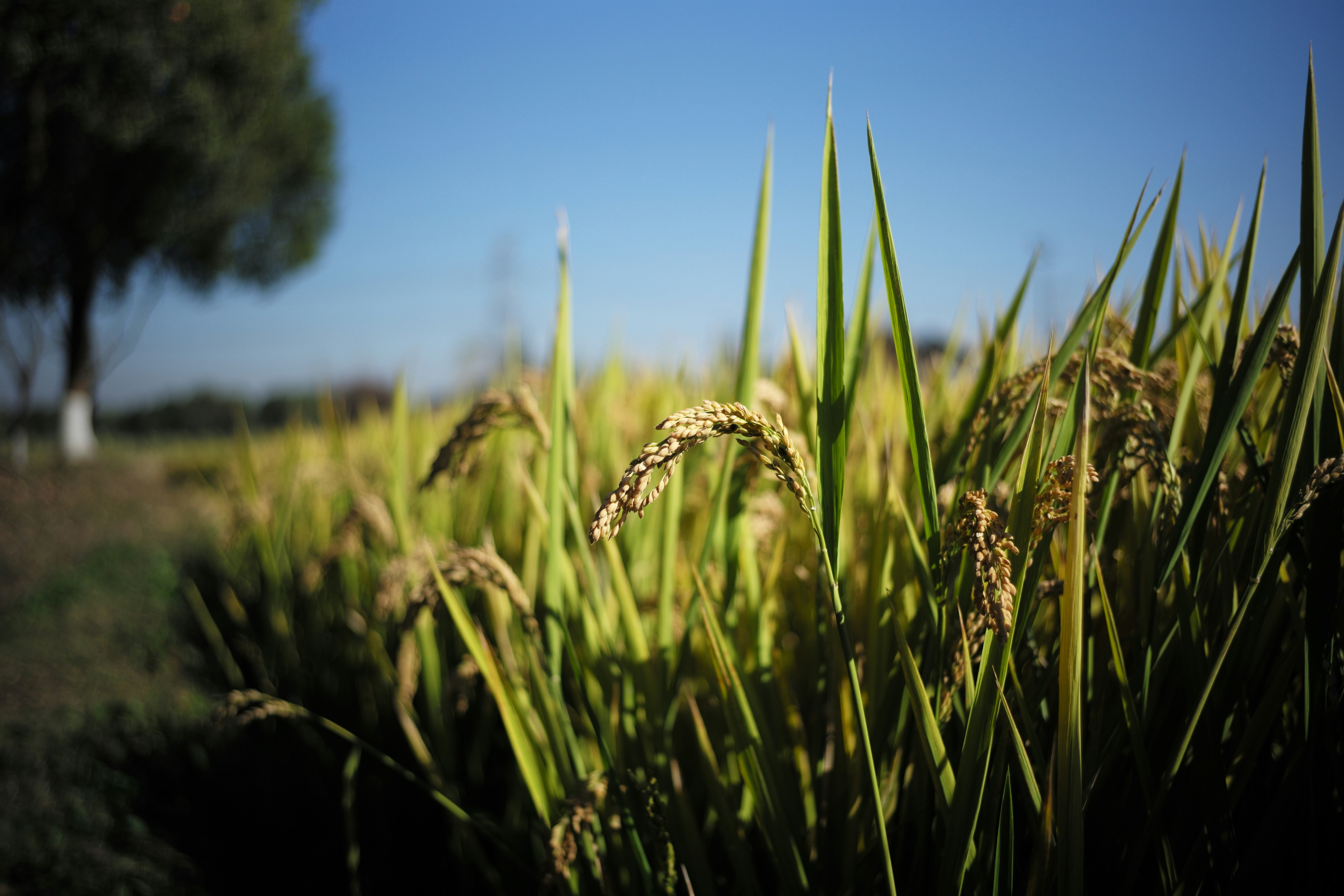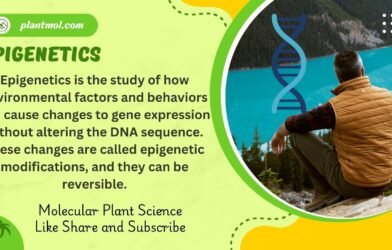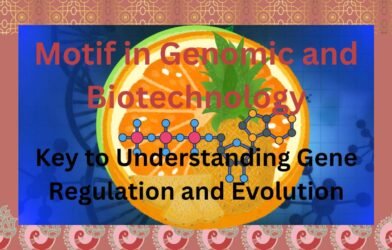Understanding Epigenetics
Epigenetics refers to the study of changes in gene activity that do not involve alterations to the underlying DNA sequence. This fascinating field plays a vital role in agriculture, as it helps explain how environmental factors can influence gene expression in crops. By understanding these mechanisms, farmers and researchers can develop innovative approaches to enhance plant health and productivity.
Impact on Crop Development
Gene expression is fundamental to various physiological processes in plants, including growth, development, and stress response. Through epigenetic modifications, plants can adapt to fluctuating environmental conditions. For instance, factors such as temperature, soil quality, and water availability can induce changes in gene expression that improve resilience and yield. Harnessing these epigenetic tools enables breeders to select for traits that enhance crop performance without the need for transgenic methods.
Future of Agriculture
The incorporation of epigenetics into agricultural practices offers immense potential. By leveraging epigenetic insights, researchers can create more sustainable solutions that promote biodiversity and food security. This field not only contributes to increasing productivity but also aids in the conservation of natural resources. As we continue to explore the intersection of epigenetics and agriculture, we may unlock novel strategies for breeding and crop improvement that could shape the future of food production.





